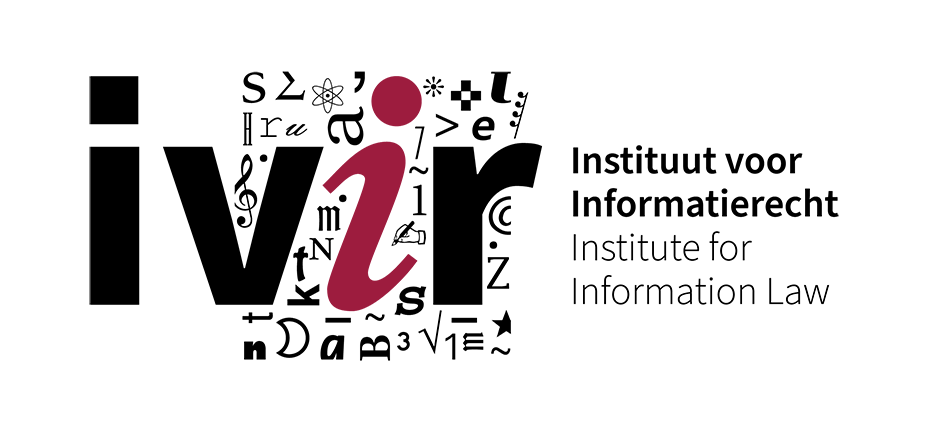Copyright in an Age of Access: Alternatives to Copyright Enforcement
Principal investigator:
Prof. dr. P.B. Hugenholtz
Co-Applicants:
Prof. dr. Natali Helberger
Dr. Lucie Guibault
Drs. Joost Poort
Summary:
In the digital networked environment the exclusive right (i.e. the right to restrict use of a work) that has always been considered an essential feature of copyright has become practically unenforceable and is rapidly losing moral support among the general public. Nevertheless, the rights of creators to fair remuneration appear to be generally supported. The questions thus arise: how to (re)construct a legal system that reconciles this new social reality? Is a legal system that allows unfettered access to copyright works while guaranteeing fair remuneration for authors legally and economically conceivable, and socially acceptable? Among the several reform proposals debated to answer these questions are Alternative Compensations Systems (ACS). Put simply, these are legal mechanisms that forsake the need for direct authorization of end-user acts (downloading, uploading, sharing, modifying), while simultaneously ensuring some level of economic consideration to creators or all rights holders. Since the early twenty-first century legal and economics scholars, advocacy groups and even political parties have come forward with ACS proposals under different labels: tax-and-royalty systems, license globale, content/culture flat-rate, creative contribution, file-sharing levy, sharing license or alternative reward systems. The project will consider several possible models of remuneration that underlie ACS: levy schemes (i.e. private taxes), state funding, voluntary collective licensing, statutory licensing with government-set tariffs, and variants or combinations of these models.
The main scientific aim of the project is to examine possible compensation schemes as alternatives to copyright, and assess their legal, social and economic viability. The project thus requires interdisciplinary cooperation between scientists from the fields of law, economics and social sciences. It comprises three interrelated parts: (1) a legal study (PhD, 3 years) that describes, compares and normatively assesses possible models of alternative compensation; (2) an economic study (postdoc, 1.5 years) that assesses the welfare effects of various models, and estimates possible remuneration rate(s); and (3) a sociological part (postdoc, 1,5 years), which conducts survey research to establish the level of public support for different policy alternatives and understand the value of different policy components.
The project is financially supported by The Netherlands Organisation for Scientific Research (NWO).
See also:
Additional Project Information:
– Public communication of TOP grant award to IViR (09.03.2012) in Dutch;
– NWO project webpage (Project number 407-11-050);
– Excerpts from the TOP grant application submitted in 2011 to The Netherlands Organisation for Scientific Research (NWO).
Publications
Copyright in the Age of Online Access: Alternative Compensation Systems in EU Law Book
Kluwer Law International, 2017, ISBN: 9789041186676.
Knocking on Heaven's Door - User Preferences on Digital Cultural Distribution Journal Article
In: 2015.
Going means trouble and staying makes it double: the value of licensing recorded music online Journal Article
In: Journal of Cultural Economics, 2015.
Remunerating creativity, freeing knowledge: File sharing and extended collective licenses Presentation
30.03.2012, ( Position Paper Nexa Center for Internet and Society, 2009. ).

